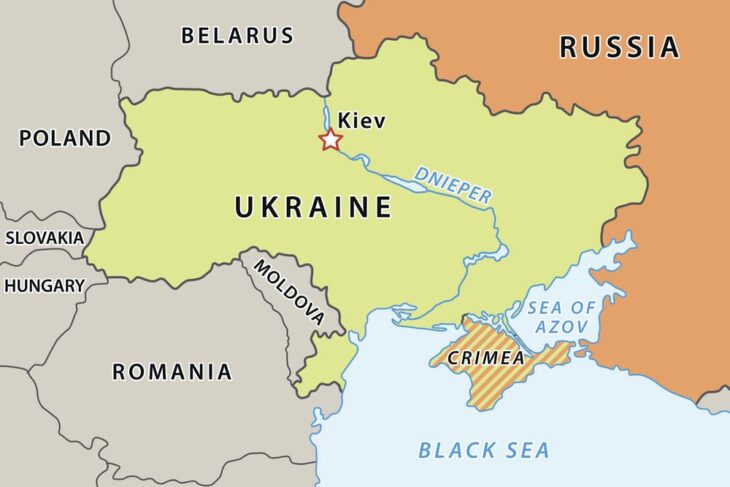Jamaica is built on the Westminster system of governance with a first past the post model of elections. It is a system of governance which, in spite of its attractions, has many flaws, the chief one being the fact that it seems to always end up with two parties monopolizing power while strangling third parties.
This can be seen in our politics and its domination by the two ‘grand’ old parties, the PNP and JLP, which have made up our governments since 1944. Both parties predate Jamaican independence (very important note), the PNP, in fact, is so old that it even predates universal adult suffrage in the island.
These parties are so woven into the national fabric, synonymous with historic events in the country, that it seems almost impossible to dislodge them, but I keep maintaining that the time is now more favourable to a third party than ever before.
It is true that in many ways, whether by deliberate design or by short-sightedness, the Westminster system is highly disadvantageous to third parties. Evidence of this can be seen in almost every country that uses this model. However, I believe that the door is wide open for any third-party which is strong, organised and coming with answers to the pressing questions facing the nation.
The third party can become a viable option in the Westminster model. This is evidenced in Canada, Australia and even the UK. These nations are home to traditional parties that usually take the premiership, but they have third parties so strong that there have been times (in the very recent past in some cases) where these third parties have formed the government, either in coalition or in whole.
The UK, the home of this parliamentary model, has a history saturated with third parties, the most famous of which is the Labour Party, which went from a minor irritant in the 1890s to running the government (albeit briefly) in the 1920s. In more recent times the UK has seen the resurgence of the Liberal party (ousted historically by Labour) which was in a coalition government with the Conservatives and the Scottish National Party, which has overthrown the Labour party in its traditional home of Scotland. These parties, though differing in policies and influence, have one key thing in common, they all emerged as viable contenders by offering actual alternatives.
Canada is much the same. Home to two traditional parties that ruled the roost (Conservative and Liberal) it has a thriving third party (as seen in the last general election) which continues to gain momentum (and lose momentum at times) due to disillusioned electors who feel that the two traditional parties no longer represent them and their needs. The same pattern is seen in Australia and to some extent New Zealand, where third parties have come from seemingly nowhere to become real power brokers and have the ability to craft policy which the people require/request.
These cases, though different, all have one common point – the third parties which were successful and long in life (at the ballot box) managed to successfully exploit disillusioned voters. In the UK the Liberal party was re-born as the party of kind capitalism to successfully whittle away the voters who were disgusted with what was then seen to be a ‘radical’ Labour party and a Conservative party which was in constant turmoil. In Canada, the New Democratic Party has managed to retain a sizeable voter bloc by scooping up the left-leaning voters who have found no home in the two major parties.
These examples and points I feel should be looked at very closely, not just by ones who create third parties but also the media houses which have long abandoned the idea that our two major parties are capable of salvation.
People who create third parties must realise that they are either in for the long haul or they shouldn’t play the game. Modern third parties of any merit all come from humble but deep roots. The Liberal party of the UK, after being wiped out by Labour, never lost itself as an entity. It simply moved from active politics (representative politics) to agitating and campaigning, keeping its name in the voters’ mind through active boots on the ground, pamphleting and visiting local councils.
The New Democratic Party in Canada is even more interesting as it can trace its origins to both the Canadian labour movement (which has always been strong) and the provincial Labour-Farmer-Socialist parties (which actually held the provincial legislature at times).
With a voter turnout continually declining and with MPs getting majorities with a quarter of the eligible vote, one sees where the door is wide open for any party which seeks to represent the people. These parties and persons who gravitate to them must understand and accept that benefits and electoral gains will not be immediate. They must understand that the elevation to political office may take decades but they must slog on regardless.
The openings are there and are many as the state has failed its people in so many ways. Communities are, for example, left to rot and forge their own paths as most local councillors seek to simply draw a cheque and reap the perks which come with local governance. Aspiring political parties could, for instance, provide the voice which the communities have been lacking.
They could visit communities and provide them with a political education (grounding sessions), they could lend the communities assistance in creating functioning organisations which can interact with their local councillors and MPs and they can engage in school feeding programmes. These groups can even engage in community building, the Muslim Brotherhood model, which was most successful in cementing them as the most popular individual party of school feeding, education, job sourcing and community beautification.
All of these avenues are open in this nation, a nation I repeat, where voter turnout is in the low 48%, where the major parties no longer have anything resembling a good reputation and where the state has literally abandoned certain citizens. All of this is fertile ground for any third party, but they must put in the work and play the long game.
With a people who are literally disgusted with politicians and anything remotely attached to politics, third parties must expect rebuffs and rebukes. They must expect to be greeted with scepticism and questions of how they will use voters, but they must press on anyway. People will be cautious and sceptical of something new. It is only when the aspiring party has proved itself to the persons that matter, that people will accept that it is serious about their concerns.
But when the acceptance comes, electoral victory is in sight because you will have what the major parties seriously lack, and that is the trust and belief of the people. The possibility of third-party success is there, it is just for the patient and the dedicated to grasp for it now.



